About Publications Library Archives
heritagepost.org

Preserving Revolutionary & Civil War History

Preserving Revolutionary & Civil War History
Articles, Revolution, Battles & Biographies
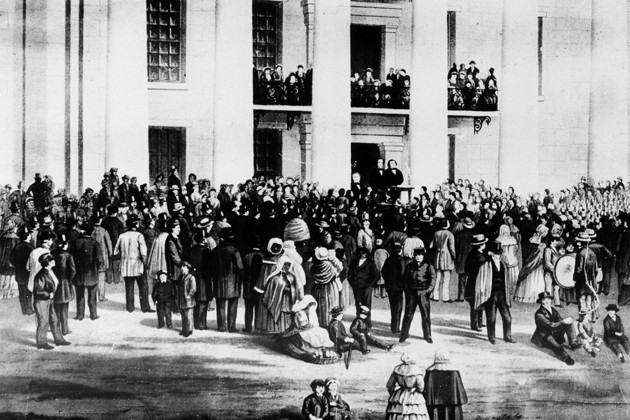
On this day in 1861, a telegram arrived at Brierfield, Jefferson Davis’ Mississippi plantation, informing him that on the previous day, breakaway delegates meeting in…
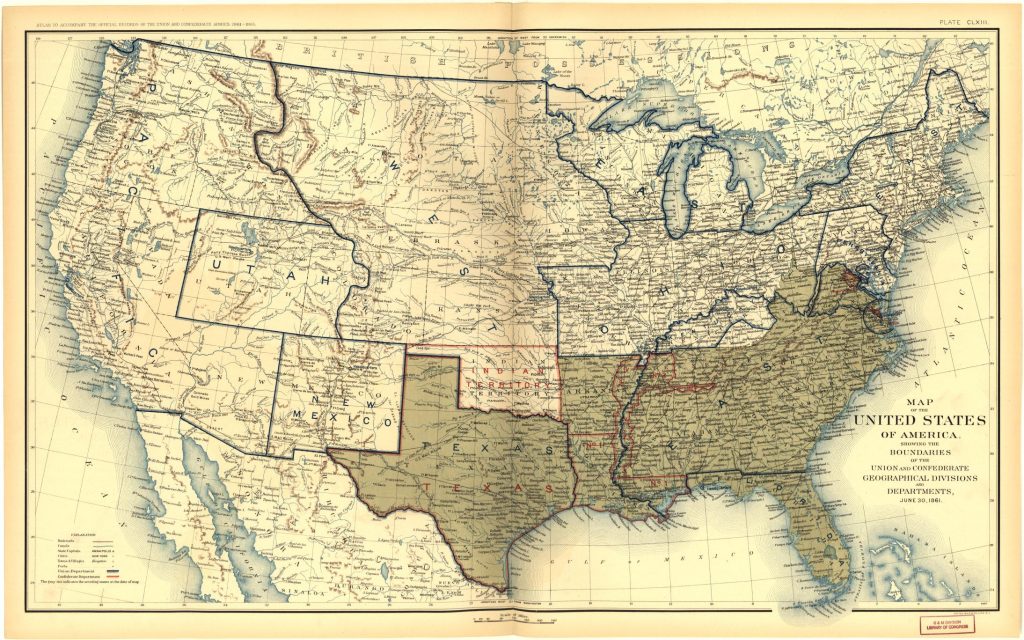
The Confederate Army had difficulty throughout the war in supplying its field officers with adequate maps.
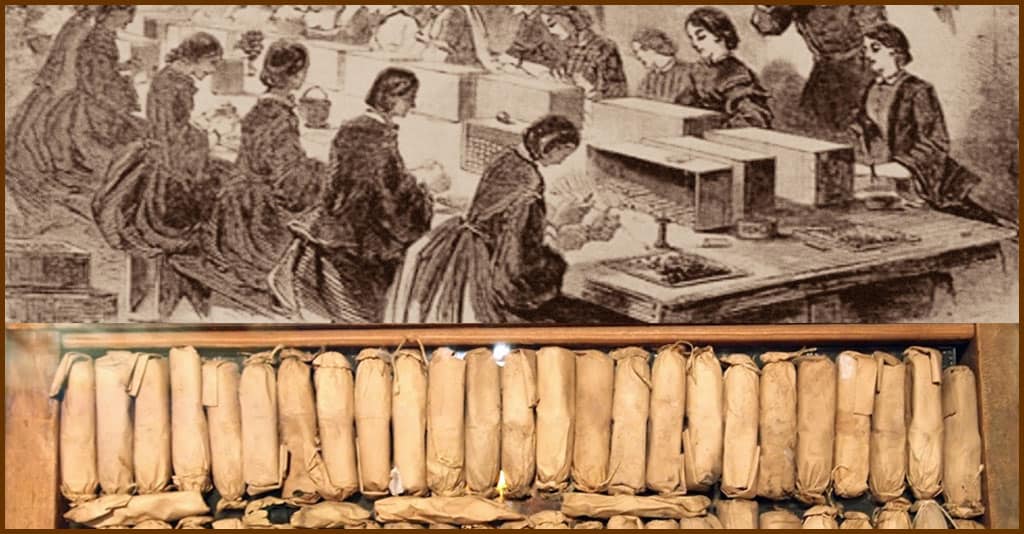
In the early afternoon on September 17, 1862, just about 200 miles from where the Battle of Antietam was taking place, another Civil War-era tragedy…

The Revenue Act of 1861, formally cited as Act of August 5, 1861, Chap. XLV, 12 Stat. 292, included the first U.S. Federal income tax statute (see Sec.49). The Act,…
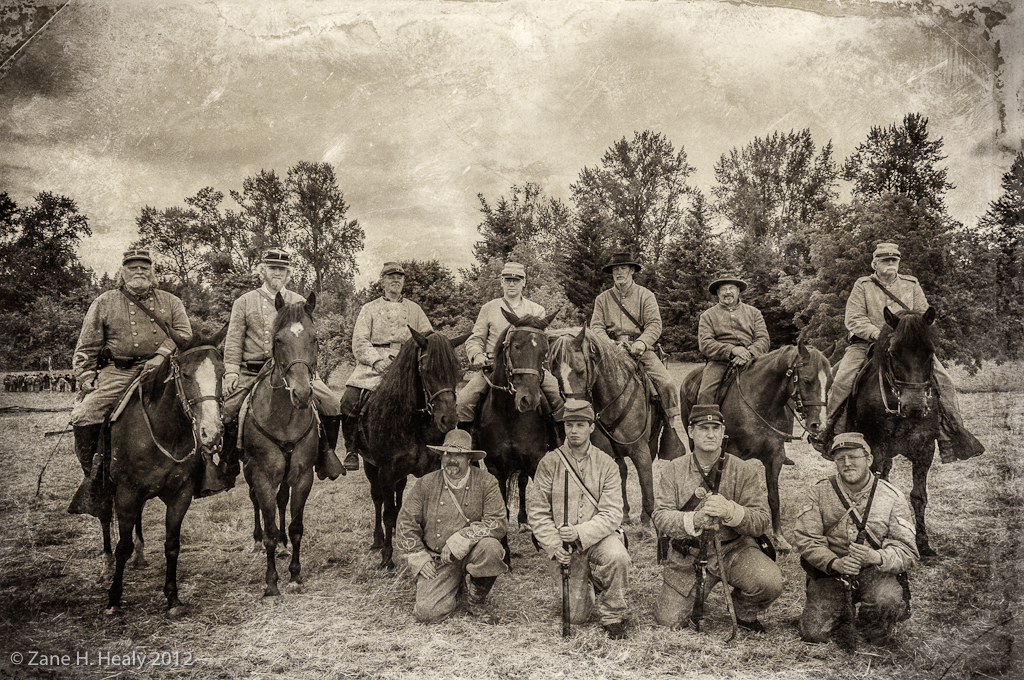
Robert Ransom Jr. (February 12, 1828 – January 14, 1892) was a major general in the Confederate States Army during the American Civil War. His brother Matt W. Ransom was also a Confederate general officer…
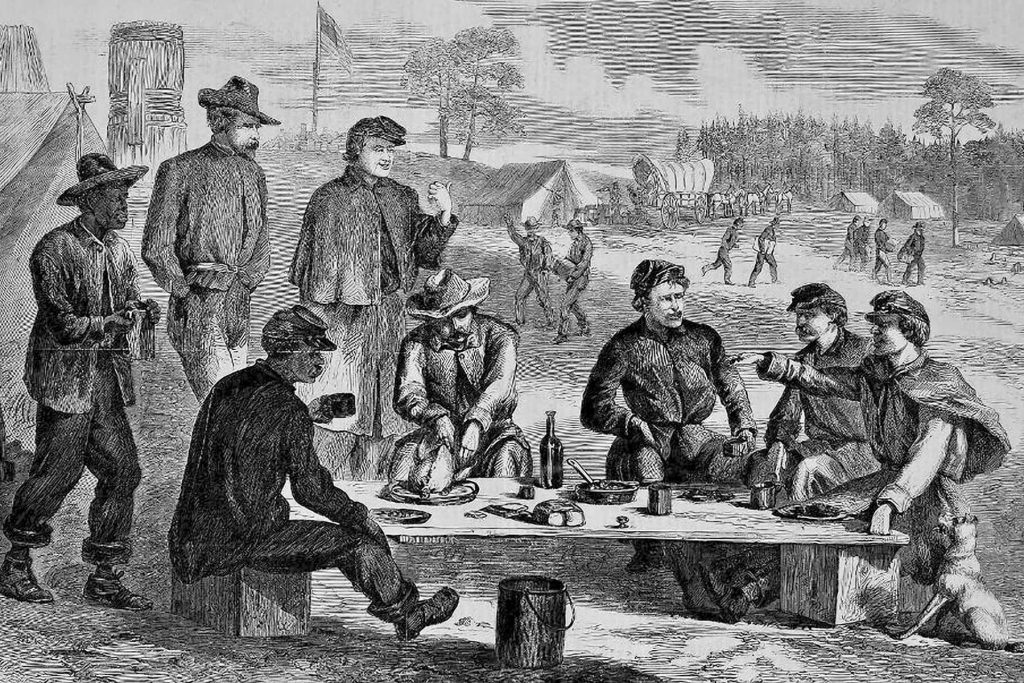
In October 1863, President Abraham Lincoln issued a proclamation of thanksgiving, calling upon the nation to set aside the fourth Thursday of November to pause…
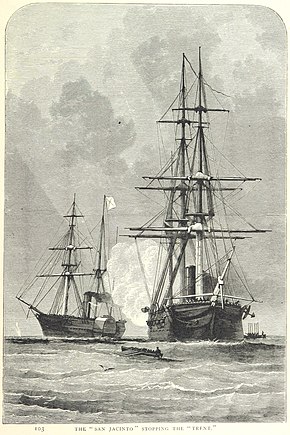
John Slidell In accordance with the authority conferred by this Congress, the Confederate President appointed John Slidell and James M. Mason diplomatic agents in October…

Which Have Impelled Them to Unite Their Fortunes With Those of the Confederate States of America When circumstances beyond their control compel one people to sever the ties which have…

Born on February 6, 1833, James Ewell Brown (“Jeb”) Stuart was one of the more colorful cavaliers in the Army of Northern Virginia. Stuart enrolled at the the US Military Academy at…
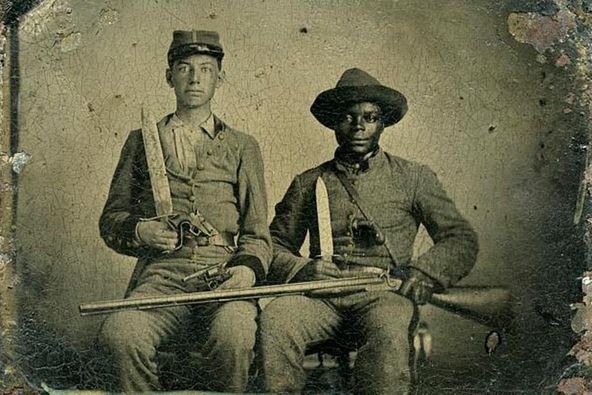
Enlisting in the Palo Alto Confederates in 1861 from his home in Palo Alto, Mississippi, at the age of fifteen, Andrew Martin Chandler was mustered into Company “F” of Blythe’s…
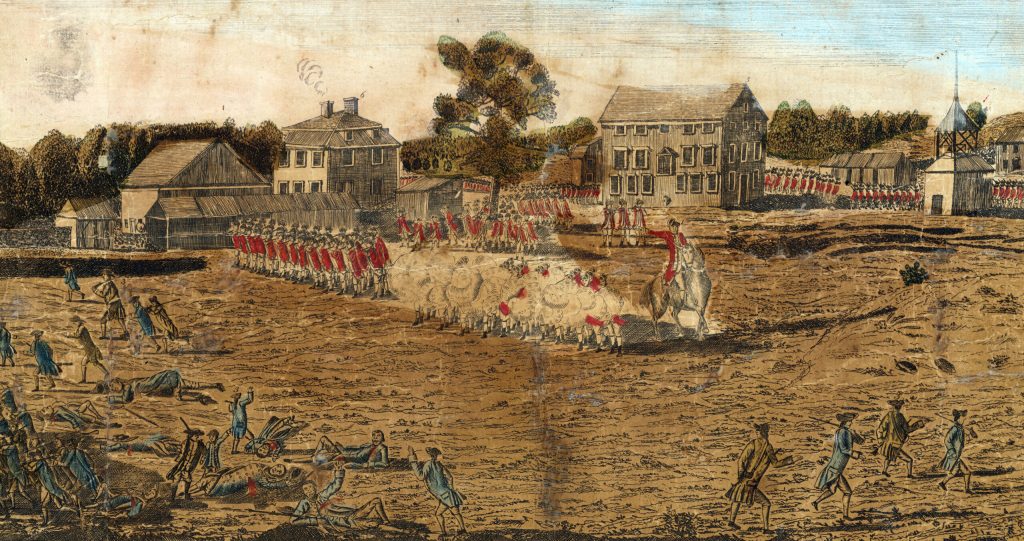
They were fought on April 19, 1775, in Middlesex County, Province of Massachusetts Bay, within the towns of Lexington, Concord, Lincoln, Menotomy (present-day Arlington), and Cambridge, near Boston.
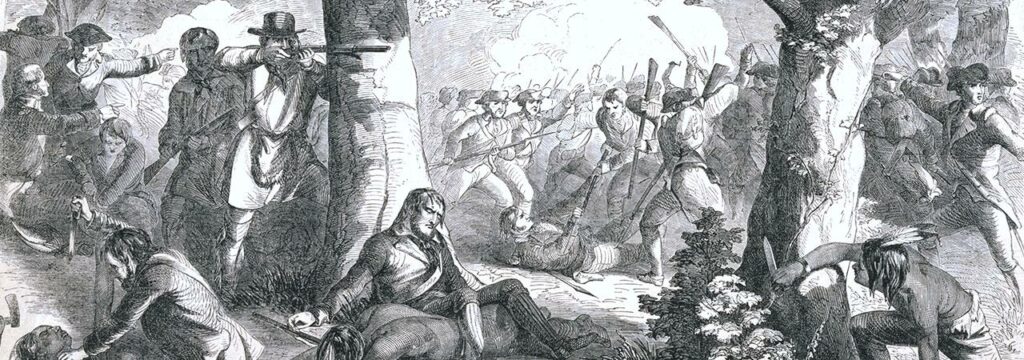
The fight was for the continent. The strategy embraced the lines from Boston to the mouth of the Chesapeake, from Montreal even to Charleston. Montgomery’s invasion of Canada, although St….
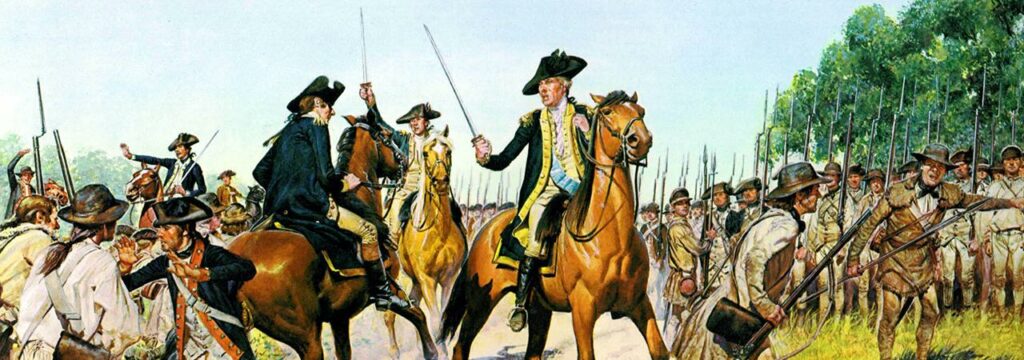
In May of 1778, The British commander, General Clinton in Philadelphia, faced with a war with France decided it was prudent to protect New York City and Florida.